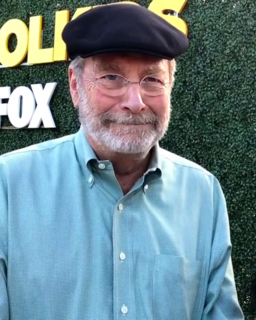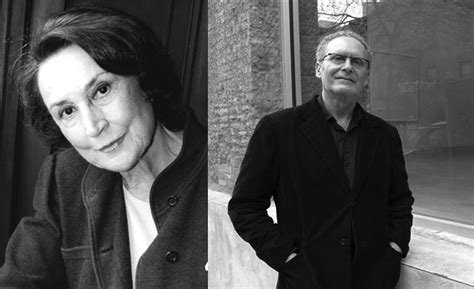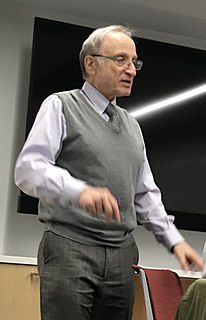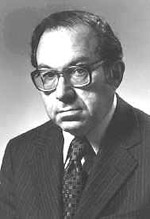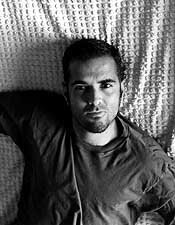A Quote by Martin Mull
I had a teacher in art school who said something about the only works he really enjoyed seeing or found much in were works where he had a sense that a discovery was made in the course of making this object. I like to hold to that as my marching orders.
Related Quotes
I remember when I went to a gallery in Paris at one point, they had drawings of earthworks set in different places. I asked the person sitting at the gallery desk where these works were - where in France they could be found. She looked at me in horror as if I'd asked something completely insane. She said, "Well, of course, these works don't actually exist. They're concepts."
Unless created as freestanding works, quotations resemble "found" art. They are analogous, say, to a piece of driftwood identified as formally interesting enough to be displayed in an art museum or to a weapon moved from an anthropological to an artistic display.... The presenter of found art, whether material or verbal, has become a sort of artist. He has not made the object, but he has made it as art.
I never went to school for that. In high school we had photography, which was great. That was another moment of discovery. I had a great teacher - I can't even remember her name now. I ended up going to boarding school for my last high school years and they had a dark room there. Of course there was curfew; you were supposed to be in bed at a certain time. But I would sneak out and sneak into the dark room and work all night.
I went to Rwanda with my wife who had been going for the past three summers. She is an art therapist who works with survivors of the genocide. I decided to become a volunteer also, and to teach filmmaking. But thinking about how to approach a class, it made sense to start making a movie there, with the kids.
As the Nazi regime developed over the years, the whole structure of decision-making was changed. At first there were laws. Then there were decrees implementing laws. Then a law was made saying, ‘There shall be no laws.’ Then there were orders and directives that were written down, but still published in ministerial gazettes. Then there was government by announcement; orders appeared in newspapers. Then there were the quiet orders, the orders that were not published, that were within the bureaucracy, that were oral. And finally, there were no orders at all. Everybody knew what he had to do.
The idea of going to the movies made Hugo remember something Father had once told him about going to the movies when he was just a boy, when the movies were new. Hugo's father had stepped into a dark room, and on a white screen he had seen a rocket fly right into the eye of the man in the moon. Father said he had never experienced anything like it. It had been like seeing his dreams in the middle of the day.
I'm not a culture snob. So while, of course, I think the Mozart 'Requiem' or, say, Beethoven's 'Ninth' are some of the greatest works of art in the history of humankind, that's not to say the Beatles or Queen or Simon and Garfunkel aren't brilliant, beautiful, important works of art that should be sung without a sense of irony.
